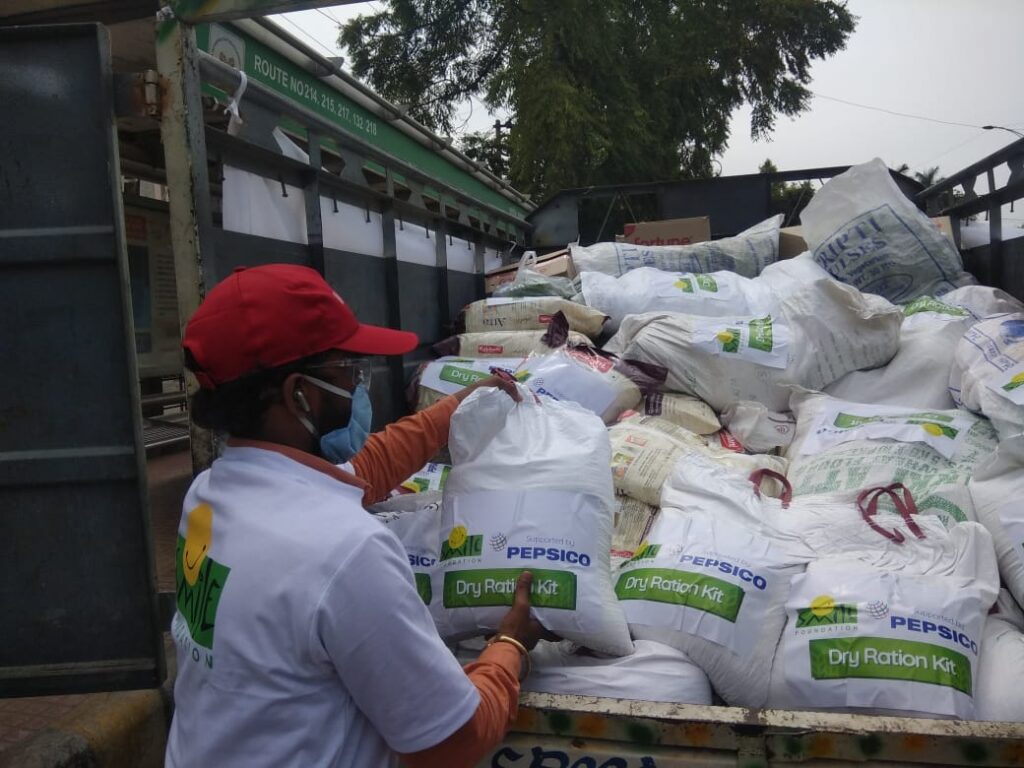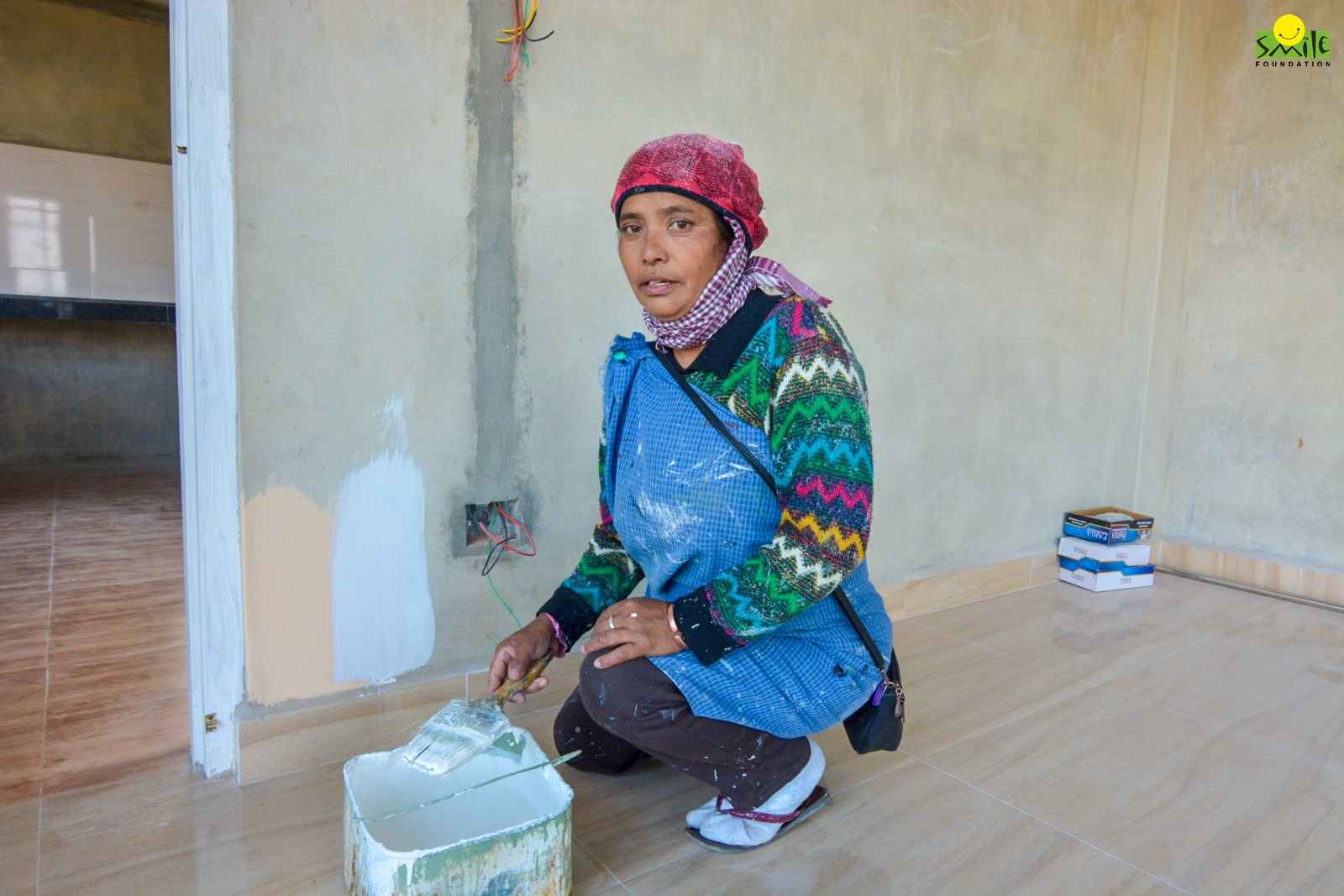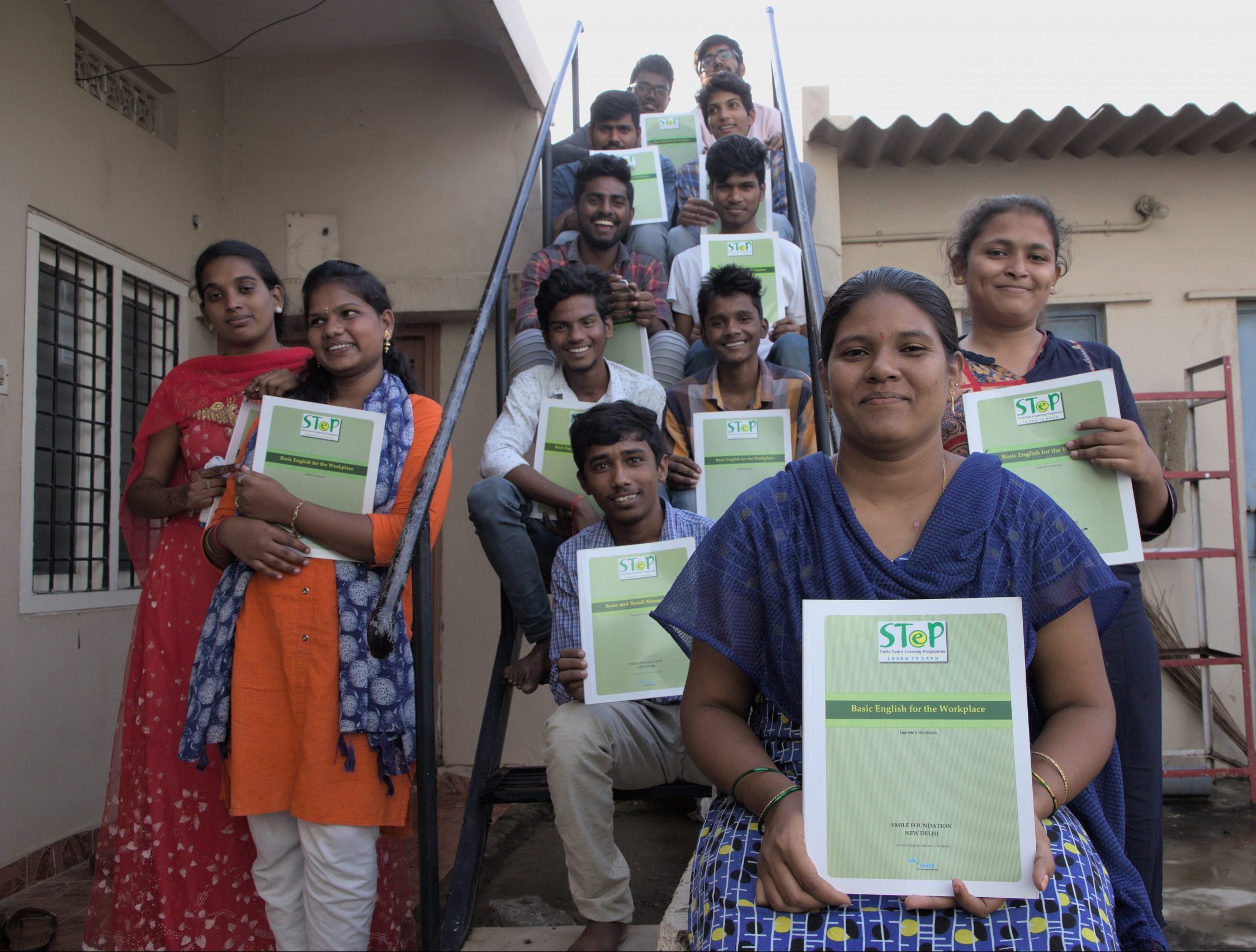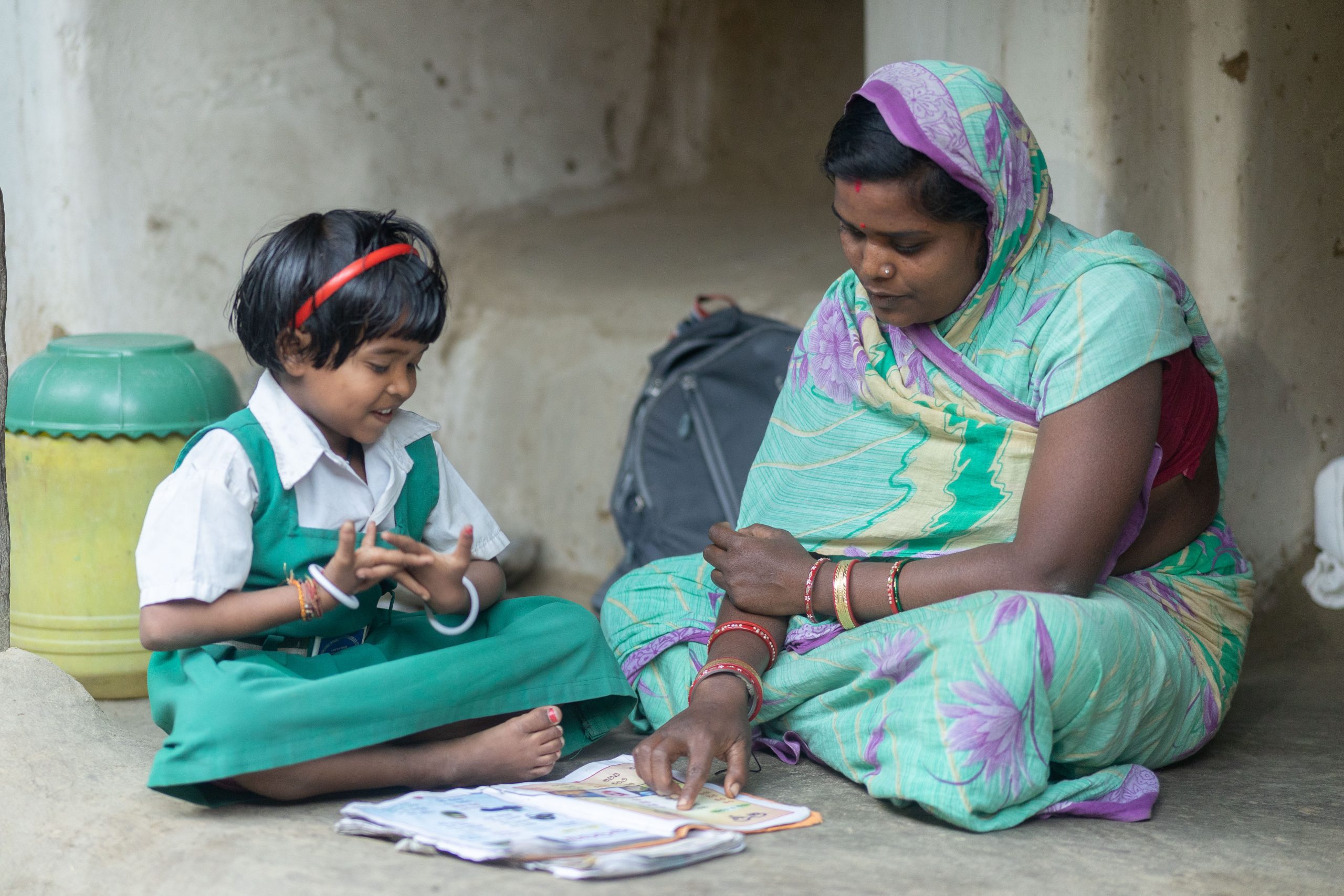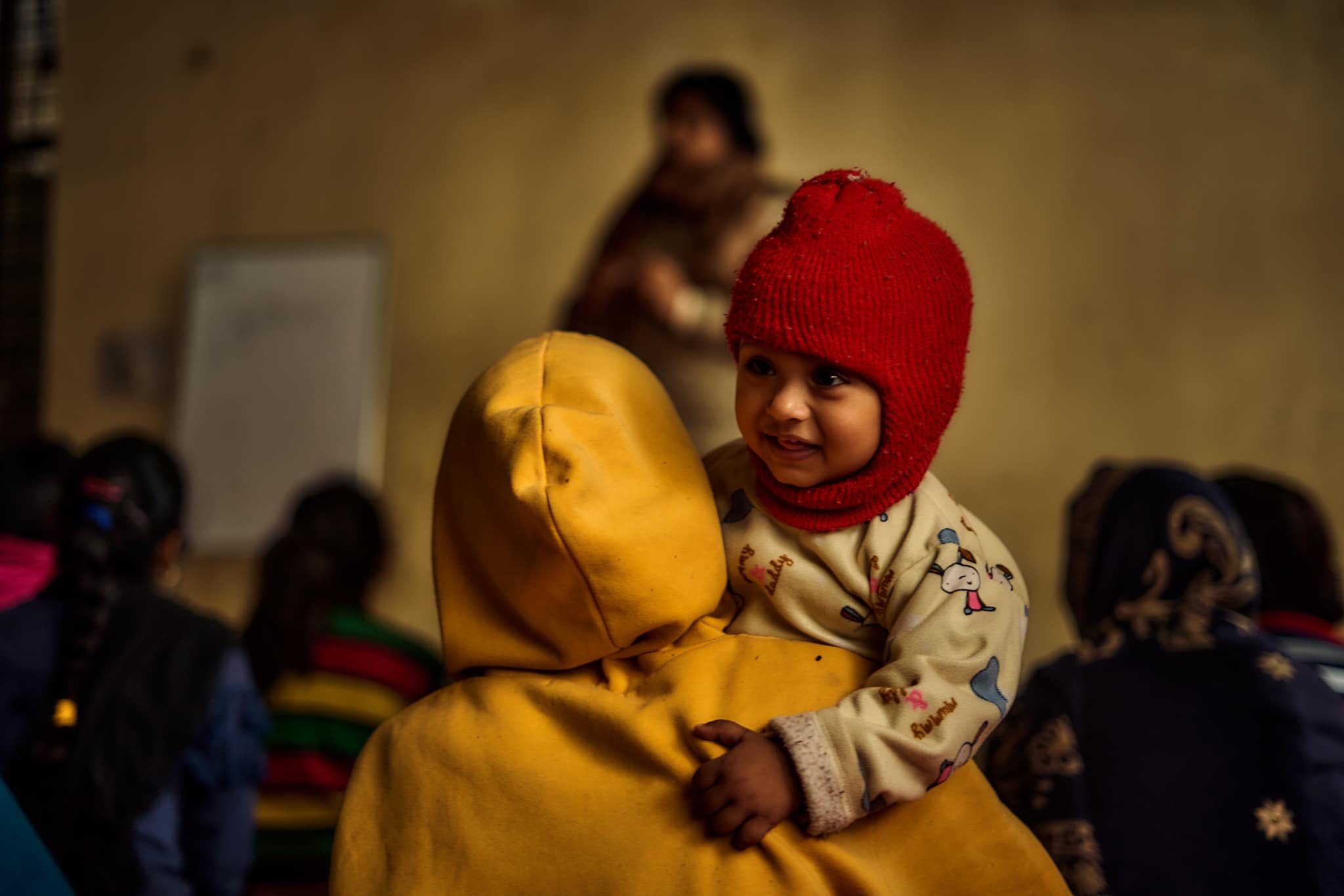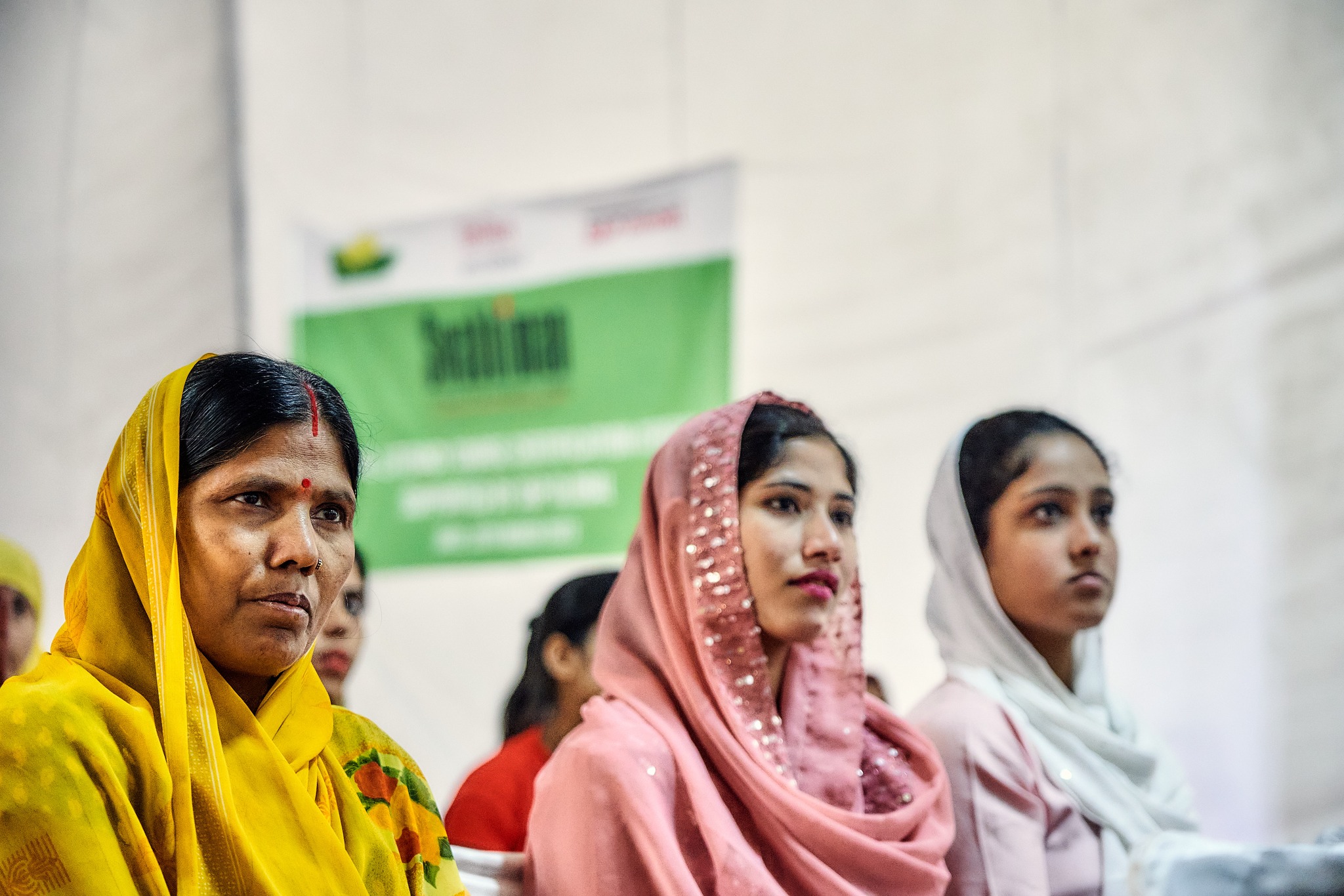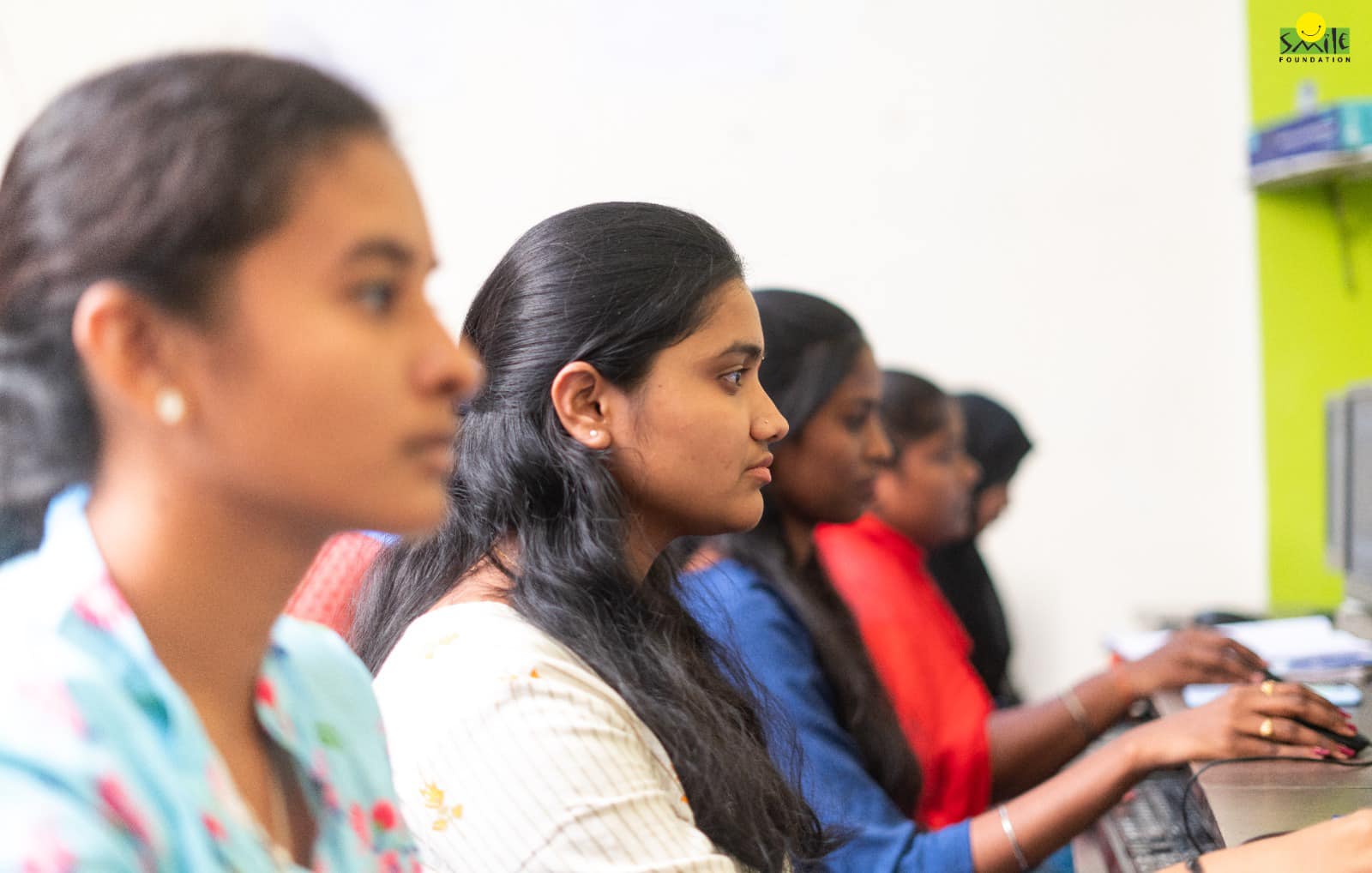COVID-19 entered the human system from animals and spread out across the globe affecting more than 3 million people in 210 countries since its outbreak in Wuhan last December. The disease has changed the complete structure of the world system that had been in place for decades now. It not only challenged and revealed the major loopholes and faults in the healthcare system of the world but also immensely affected the lifestyle of the common people and the life after COVID-19, will be significantly different than the one prior to it.
The disease has confined a third of the global population within their houses for the past month and has affected all the established systems for work, education, essential commerce, recreation, health, and much more. Most of the people of the world today are living their regular lives on the telephone or the internet in some form. Whether to execute your office or attend classes or entertain oneself. People have had limited to no human contact in the last few weeks.
So, the question stands – what will life after COVID-19 be like, and what will be the new normal?
The two most important changes that will take place in the life after COVID-19 and must be employed by all us and the people in authority are to embrace the humanity and fraternity we are experiencing presently; and strengthening the current health system.

The pandemic brought us closer as a human community and addressed the fact that we are interconnected with and interdependent on each other in ways we were not aware of before. Our well-being and health are dependent on the health and well-being of those around us and not just at the level of our neighborhood but nationally and internationally as well.
A disease crossed the barriers of country borders, distance, cultures, systems, and everything that was in place. Our collective health also affects the global businesses and economies at both the national and international level. The solidarity and support that every one of us has received as we stay cut off from the outside world proves the strength of humanity and the need for a supportive community.
While we have the privilege of working from home and staying safe, there are people still going out into the world to take care of the sick to deliver groceries and essential items, to keep our areas and localities clean and sanitized. These workers are essentially keeping our societies running during lockdown at the risk of their and their families’ lives. For the first time, the contribution these people make to keep our lives healthy and smooth has been acknowledged at a global, and people have come forward to support them in these difficult times.
The second and in fact highly important step will and must be of structuring a universal healthcare system that is sufficiently equipped to handle a pandemic which could be far more deadly than the present one. With globalization, there has been a significant decrease in the living spaces between the humans and the wildlife. This puts us at the risk of contracting some other virus from the millions of unknown ones that the wildlife hosts.
In a scenario, where the virus is airborne making it even more contagious, has a longer incubation period, asymptomatic and worst of all, has a much higher mortality rate like Ebola or bubonic plague, the current world healthcare system will crumble to its knees in no time and millions will lose their lives.
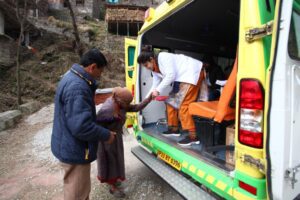
Governments worldwide must take important measures to prioritize the well-being of their citizens and begin investing more in improving and strengthening the healthcare system than they do on defense. For the worst war that humans might face will be waged by nature.
It is crucial to implement a universal healthcare system that is equipped with adequate PPEs and equipment to deal with a crisis of a much higher scale. A standardized system that mandatorily trains not just the healthcare workers but every one of us on the correct ways of dealing with a contagious disease and the protocol that must be followed to ensure minimal loss of life and higher functionality of hospitals and medical staff.
Without these important measures in place, the world is walking on crutches and dreading to come face to face with a situation that has not been experienced in the past 100 years. For another pandemic is inevitable and if we are still not ready to bear such a crisis, life after COVID-19 would be futile and inefficient.
To help the underprivileged support by clicking on https://www.smilefoundationindia.org/smile-fights-covid19/



